I threw a picnic in our garden the other day. We were busy with all…
Other male servants: the hall boy, the chauffeur and the gardener
There were other male servants working in English households beside the house steward, the butler, the footman and the valet. These were the hall boy, the chauffeur and the gardener. Let’s have a look what they did and where they stood in the hierarchy.
The hall boy
The hall boy worked for the butler and footman in the first place, in the second place he did dirty and heavy jobs such as chopping wood, cleaning the servant’s boots, shovelled coal, took the rubbish out or even ran to the village to deliver a message. If he worked hard, he could be appointed to under-footman which was the first step ahead. In the series You rang, M’lord? Henry is a hall boy to my mind, however obviously in the 1920s. Also Carson the butler and Thomas the footman (later under-butler) both started their careers as hall boys at Downton Abbey.
The chauffeur
Motorcars as well as chauffeurs quickly became a status symbol of the rich. Understandably, there was tension between drivers and grooms and coachmen. With the spread of the motorcar, the work of the coachmen was less required and their roles were put at risk. Although drivers were well paid, were given a nice livery and were popular among female staff, coachmen refused to be trained and become drivers. Mind you, the life of a driver wasn’t always easy: the lady of the house could easily sack them if they didn’t pick them up at the station with the car they requested. On the other hand, if you were lucky, you could marry the lady of the house just like Tom did in Downton Abbey.
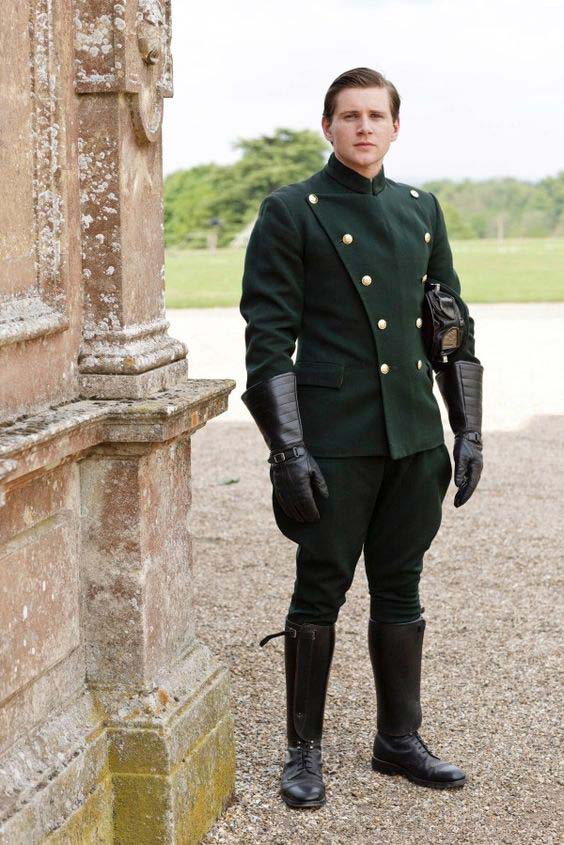
The gardener
On bigger estates the gardener or the head gardener looked after the kitchen garden, the orchard, flowerbeds and other part of the estates including the lawn. The head gardener always advised the cook what fruits and vegetables were in season and discussed cut flower requirements with the butler. He lived on the estate almost always in a pretty cottage – something to envy even today. Estates were self-sufficient and estate workers also ran a home farm with cattle, sheep, pigs and poultry. There would be a dairy farm, a larder for game and even a brewery on the estate.
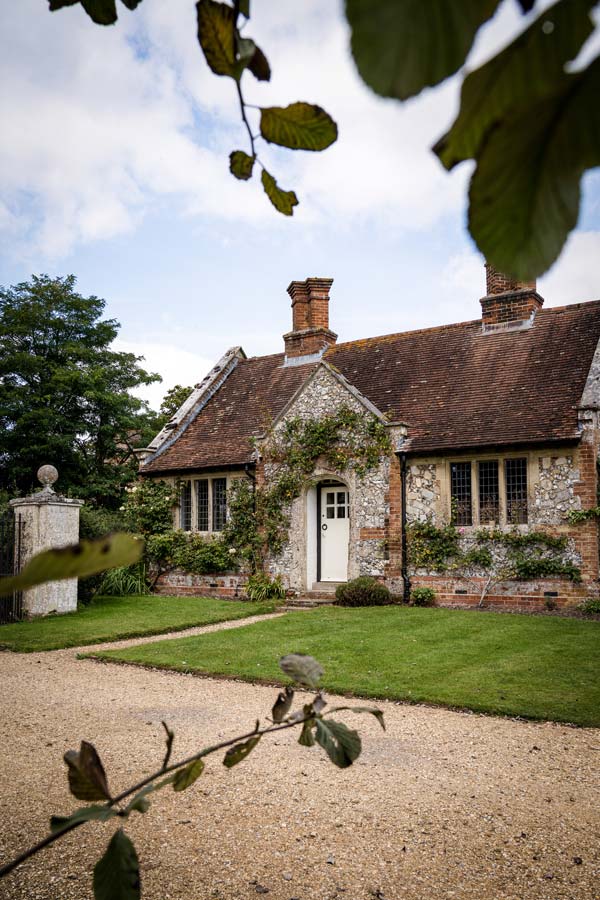
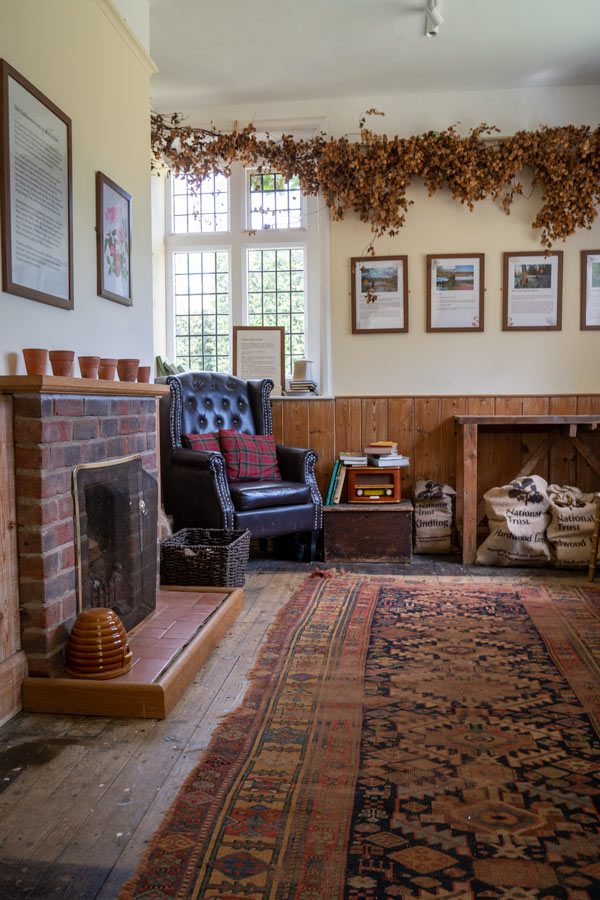
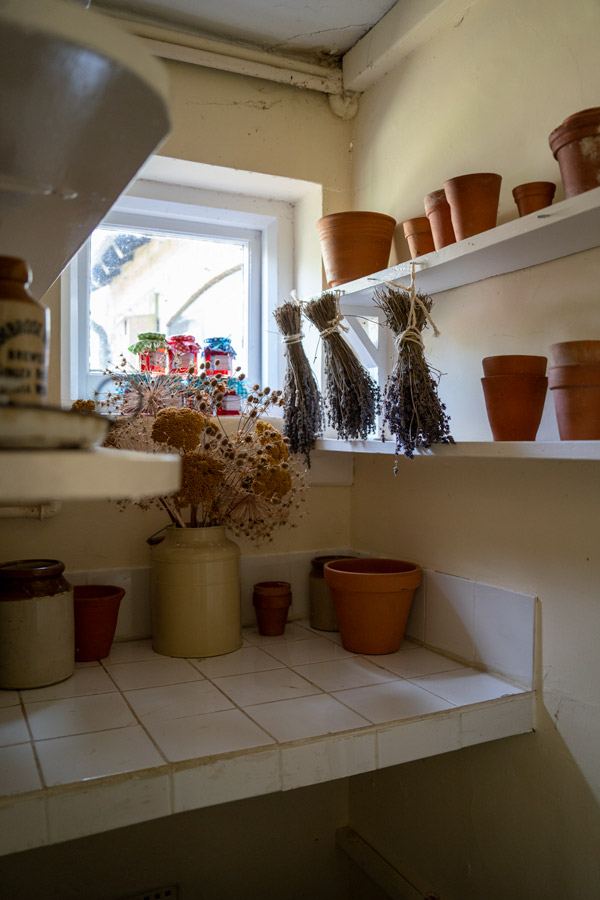


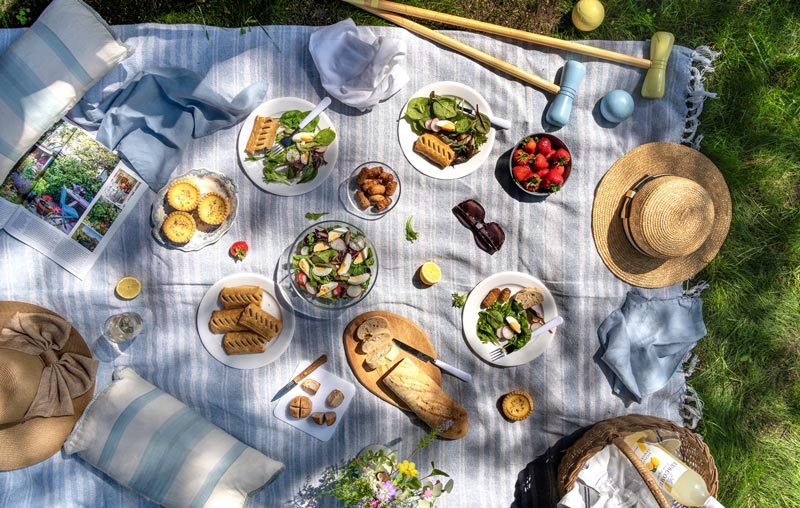
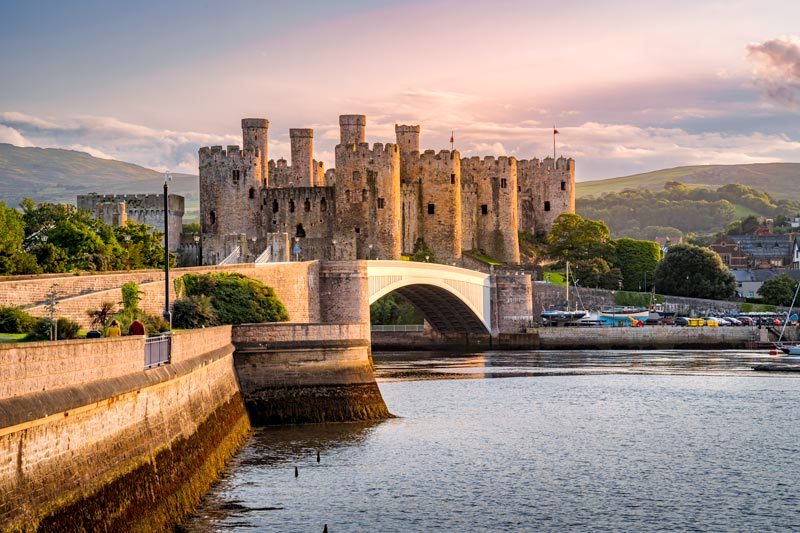
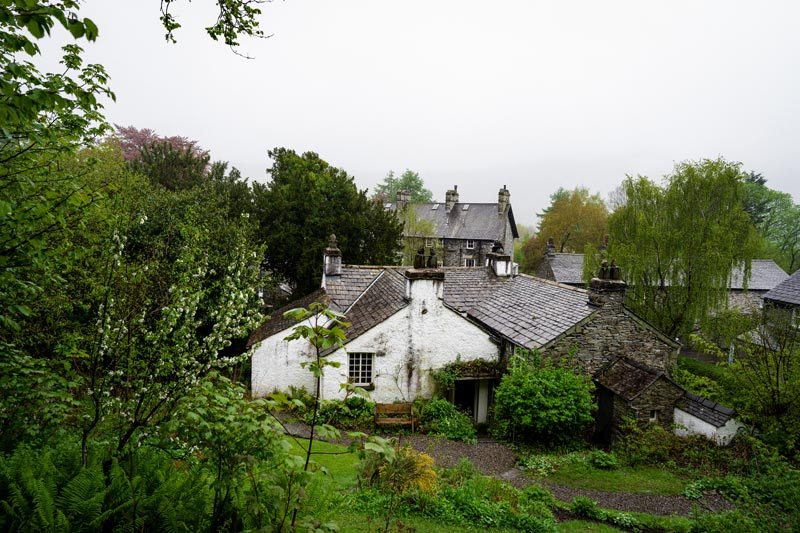
Comments (0)